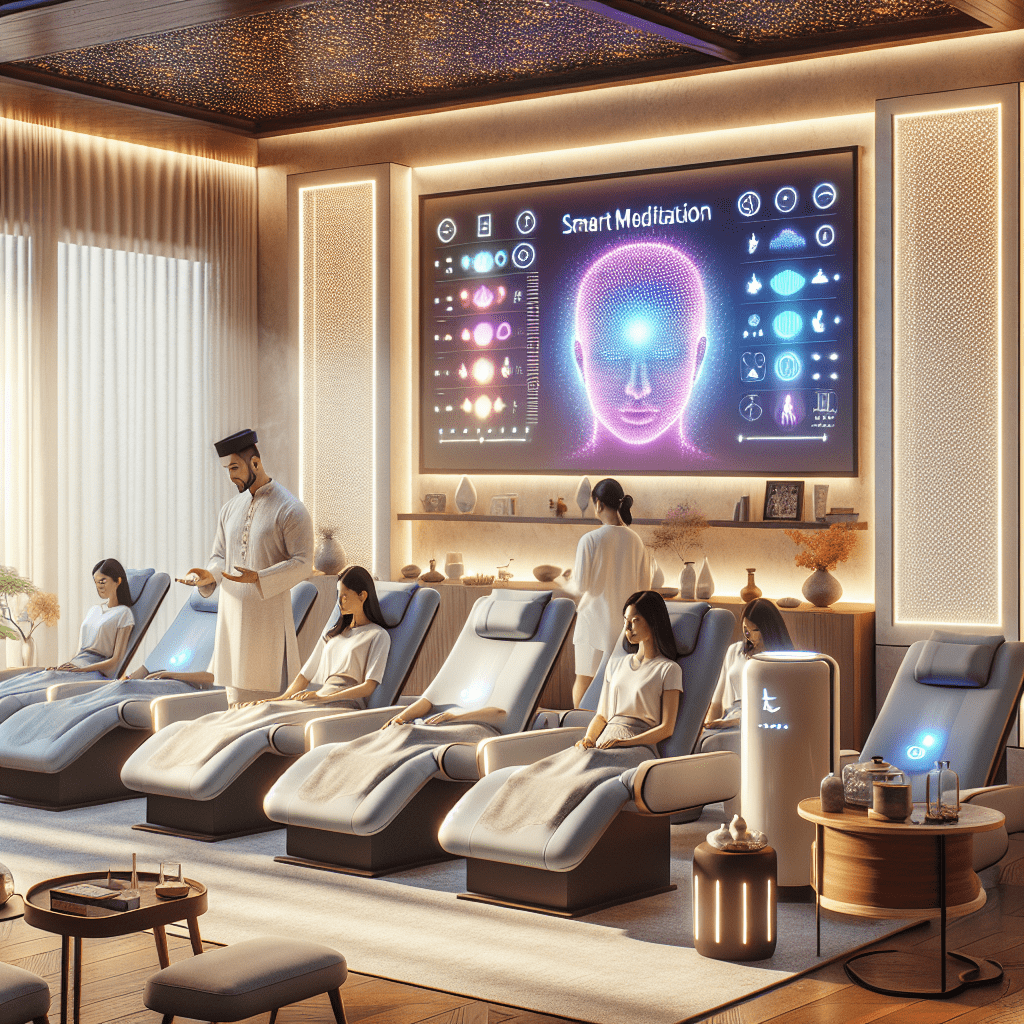
Prioritize your mental well-being daily. Enhance your life by nurturing your mental health with the Smart Meditation app. Break free from stress, alleviate anxiety, and enhance your sleep quality starting today.
Does Alcohol Cause Rebound Anxiety?
Unraveling the Relationship Between Alcohol and Anxiety
Ever found yourself reaching for a glass of wine or a cold beer after a long, hard day, seeking some solace and maybe a bit of stress relief? It’s a common scene in many a household, as alcohol has long been a go-to for those looking to unwind. However, beneath the initial relaxation and the buzz might lurk a less discussed aftereffect: rebound anxiety.
But wait, what’s that you say? Rebound anxiety? Yes, dear reader, it’s a thing. Let’s dive deep into how that casual drink could be playing a sneaky game of Jekyll and Hyde with your anxiety levels.
The Alcohol-Anxiety Paradox: A Double-Edged Sword
Alcohol, at first blush, seems like a quick fix. It’s like a social lubricant, easing awkwardness, and melting away the day’s worries. Yet, what most don’t realize is that it can also be a double-edged sword, especially for those grappling with anxiety.
The Science Behind the Scenes
When alcohol enters your system, it does a little dance with your brain’s neurotransmitters, boosting the feel-good ones like dopamine and GABA (gamma-aminobutyric acid). This is where the initial calm comes from. It’s all sunshine and rainbows, right? Well, not quite. As the alcohol starts to wear off, this is where the plot thickens.
The body, in an attempt to regain equilibrium, may overcorrect, leading to increased heart rate, agitation, and, yep, you guessed it – rebound anxiety. This response can be especially potent for someone with a pre-existing anxiety disorder.
The Vicious Cycle
Oftentimes, folks might find themselves trapped in a vicious cycle. Drink to calm down, experience heightened anxiety as the drink wears off, and then…drink more to calm down again. Rinse and repeat. It’s as if you’re stuck on a merry-go-round that’s spinning just a tad too fast, and it’s tough to hop off.
But wait, it gets trickier. Over time, regular consumption can lead to tolerance, necessitating more drinks to achieve the same calming effect. This not only escalates the risk of developing an alcohol use disorder but can also exacerbate anxiety symptoms in the long haul.
Navigating Towards Healthier Shores
So, what’s a soul to do when caught in this tempest? Knowledge and self-awareness are your compass and map. Understand the impact of alcohol on your mental state and recognize the symptoms of rebound anxiety. But, awareness alone won’t do; action is key.
- Seek Alternatives: Rather than reaching for the bottle, why not try other stress-busters? Whether it’s a brisk walk in the park, a meditation session, or simply diving into a good book, there are countless other ways to unwind.
- Moderation is Key: If going totally alcohol-free sounds like a tall order, then moderation is your friend. Keeping track of your intake and setting limits can help keep the anxiety beast at bay.
- Reach Out: Sometimes, the weight gets too heavy, and that’s perfectly okay. Reaching out to a professional or joining a support group can provide the backup you need to break free from the cycle.
Charting a New Course
Understanding the dance between alcohol and anxiety is the first step toward taking control of your mental well-being. It’s all about finding balance, seeking healthier alternatives, and recognizing when it’s time to ask for help. Remember, it’s perfectly fine to enjoy a drink every now and then, but staying mindful of its effects on your anxiety is key to keeping the waters calm. Here’s to smoother sailing ahead!





